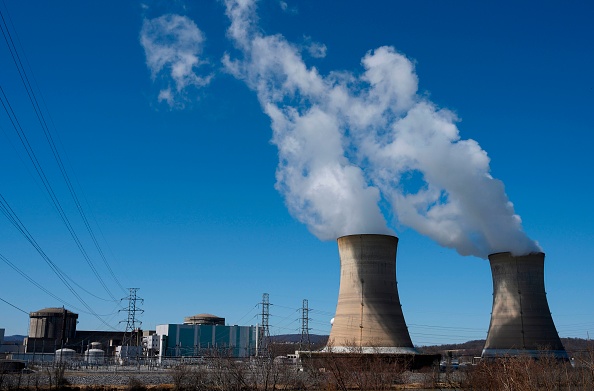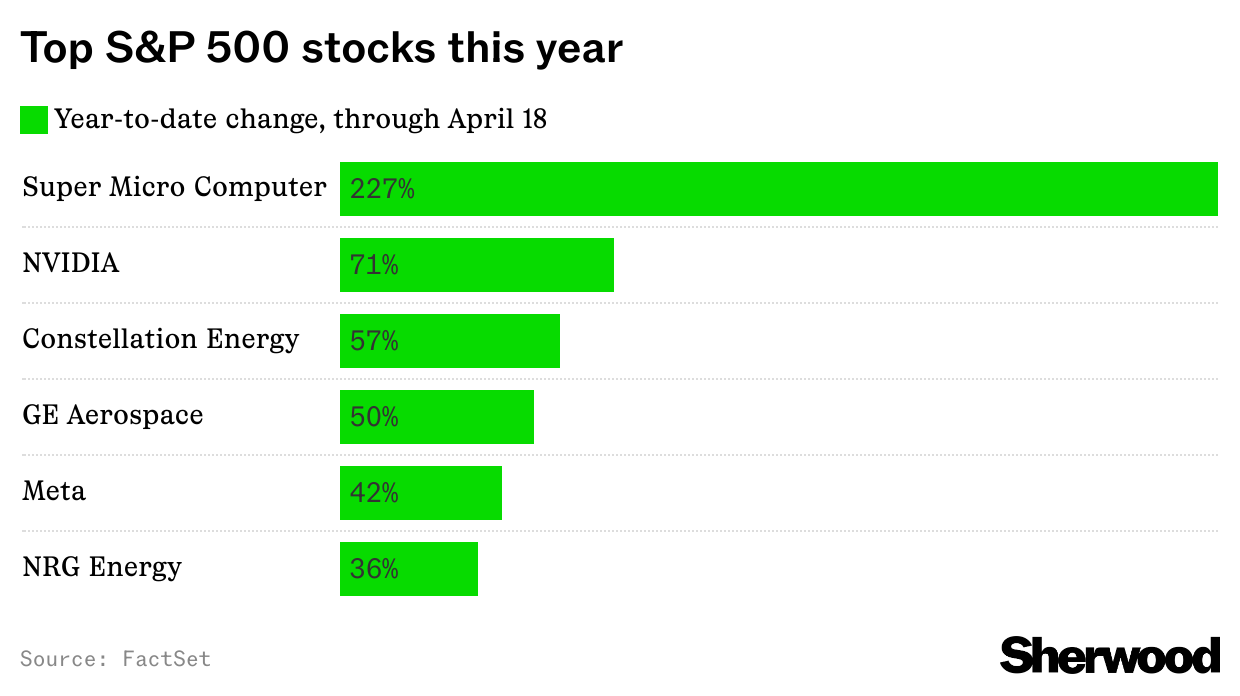Hey Snackers,
Amid the shortage of everything, finally some good news: the Great Avocado Surplus of 2021. Australia is swimming in avocados after stay-at-home mandates kept people from ordering smashed avo on toast at brunch.
Stocks barely budged to kick off the week, but gold prices hit a five-month high as investors started seeking more protection from inflation. Refresher: in October, consumer prices soared at the fastest pace in 31 years.
Temp
Countries' UN climate pledges underwhelm, but financial giants vow to prioritize green efforts
"We'll always have Paris"... The classic "Casablanca" quote isn't landing for global leaders. The UN's 26th annual climate summit just wrapped up in Glasgow. Lawmakers, biz execs, and activists from 200 countries met to help keep the 2015 Paris Agreement alive. Read: the target to cap global warming at 1.5 °C (2.7 °F) above pre-industrial levels. While the UN said the world is "way off track" in stopping rising temps, some new pledges could help:
- 100+ countries vowed to slash methane emission levels by 30% by 2030, led by the US and EU.
- 100 countries representing 85% of the world's forests agreed to end and reverse deforestation by 2030, backed by $19.2B in public and private funding.
- India, the second most populous country after China, vowed to hit net-zero emissions by 2070 and use 50% renewable energy in its mix by 2030.
- China, Earth's largest polluter, unexpectedly promised to finalize a plan to reduce its methane emissions this decade (without concrete deets).
- Ford, GM, and Volvo committed to phasing out fossil-fueled vehicles by 2040, as did some countries. The US, China, and Germany skipped the pledge.
The private sector steps in... While countries' pledges underwhelemed, the global finance industry made new efforts: a coalition of the world's largest financial firms that together control $130T in assets committed to using their $$ to hit net zero emissions targets in their investments by 2050.
- The alliance: 450 banks, insurers, and asset managers across 45 countries — including heavyweights like JPMorgan Chase, Citi, and BlackRock.
- Critics say the pledge falls short because it doesn't commit investors to stop putting money into fossil fuels – and it's non-binding. But it does show a broad commitment by financial firms to have emissions slashed in companies they invest in.
Global accountability is hard... It’s easier for individual governments to hold their citizens accountable, and vice versa. It’s much harder for countries to hold other countries accountable, especially when power is lopsided. After the summit, many countries still remain at odds. And pledges made have fallen dangerously short of the 1.5 °C target. Global temps are estimated to rise anywhere from 1.8 °C to 2.7 °C by the end of the century, which the UN says would be “catastrophic." For real change to happen, both governments and corporations need to step up.
Zoom Out
Stories we’re watching...
Bringing home the bacon... just got pricier. Consumer prices jumped 6.2% in October from last year, the largest spike in 31 years. TV prices were up 10%, bacon was up 20%, used cars rose 26%, and gas prices soared 50% (#PumpAnxiety). Stimulus cash triggered a fast rebound in consumer demand. But supply and labor bottlenecks are making it hard to meet demand, which drives up prices. If Americans keep expecting inflation to remain high, price tags could be steep even after the logjams ease. We’ll see if the Fed’s pullback on bond-buying helps cool the economy.
Vax access expands... 900K kids got vaxxed last week after Covid shots were approved for US children, and Pfizer asked the FDA to approve boosters for all adults. Regeneron said its antibody drug reduced the risk of Covid by 82%, which could make it an option for immunocompromised people. But not everyone’s vax-cited: Trade groups representing UPS, Disney, and Fidelity say Biden’s plan to make any biz with 100+ workers require vaccination or testing by January is too expensive. And 24 states threatened to sue to block it.
Events
Coming up this week...
Chip the Switch... Chip titan Nvidia makes graphics cards for everything from laptops to gaming consoles, like the Nintendo Switch. Last quarter, Nvidia notched record sales, with nearly half coming from gaming. Now, Nvidia’s focused on growing AI and its data-center biz, which powers half the world’s servers and touts customers like Microsoft and Amazon. Despite the (still happening) global chip shortage, investors hope Nvidia’s robust supply chain and demand for its cutting-edge tech will boost its earnings on Wednesday.
Still waiting for my Halloween costume... US holiday spending is expected to reach a record $800B+ this season. That's good news for go-to retailers like Macy’s, Walmart, Target, and Kohl's, which all report earnings this week. Problem: national worker shortage. Last week, Macy’s joined Walmart and Target in boosting its minimum wage to $15/hour and offering employee tuition benefits. Meanwhile, Kohl’s is offering sign-up bonuses of $100 to $400. But higher incentives = higher costs. We’ll see if that hits retailers’ bottom line. Macy’s expects holiday benefits to cost an additional $35M over the next four years.
ICYMI
Last week's highlights...
- Streak: Digital payments company Paytm went public through its parent company in India’s largest IPO, the latest in the country’s tech boom.
- Mickey: Disney is "aggressively" exploring sports-betting content through its ESPN brand, as streaming growth slows. Disney’s biz still isn’t back to pre-pandemic levels.
- Poll: Elon Musk asked his 63M Twitter followers if he should sell $21B worth of Tesla shares to pay taxes, continuing a national debate around taxing billionaires.
What else we’re Snackin’
- Innovate: The 100 best inventions of 2021, according to Time — from hands-free shoes to interactive workout mirrors and fresh pasta shapes.
- Race: Visualizing the race for electric-car dominance, from Tesla to Ford. FYI: EVs could outsell gas cars by 2040.
- Ship: Drop shipping, explained. How a decades-old business model became part of a side-hustle trend that affects nearly every online shopper.
This Week
- Monday: Earnings expected from Tyson, Warner Music Group, WeWork, Lucid, and Esports Entertainment Group
- Tuesday: October retail sales. Earnings expected from Walmart, Home Depot, Aramark, Dolby Labs, and Advance Auto Parts
- Wednesday: Earnings expected from La-Z-Boy, NVIDIA, Cisco, Lowe's, Target, Baidu, Bath & Body Works, and Sonos
- Thursday: Jobless claims. Earnings expected from Intuit, Workday, Williams-Sonoma, Macy's, Kohl's, Petco, and Victoria’s Secret
- Friday: Earnings expected from Foot Locker
Authors of this Snacks own shares of: Ford, GM, Pfizer, Walmart, Tesla, Disney, Microsoft, Warner Music Group, and Amazon
ID: 1921318
.png)

